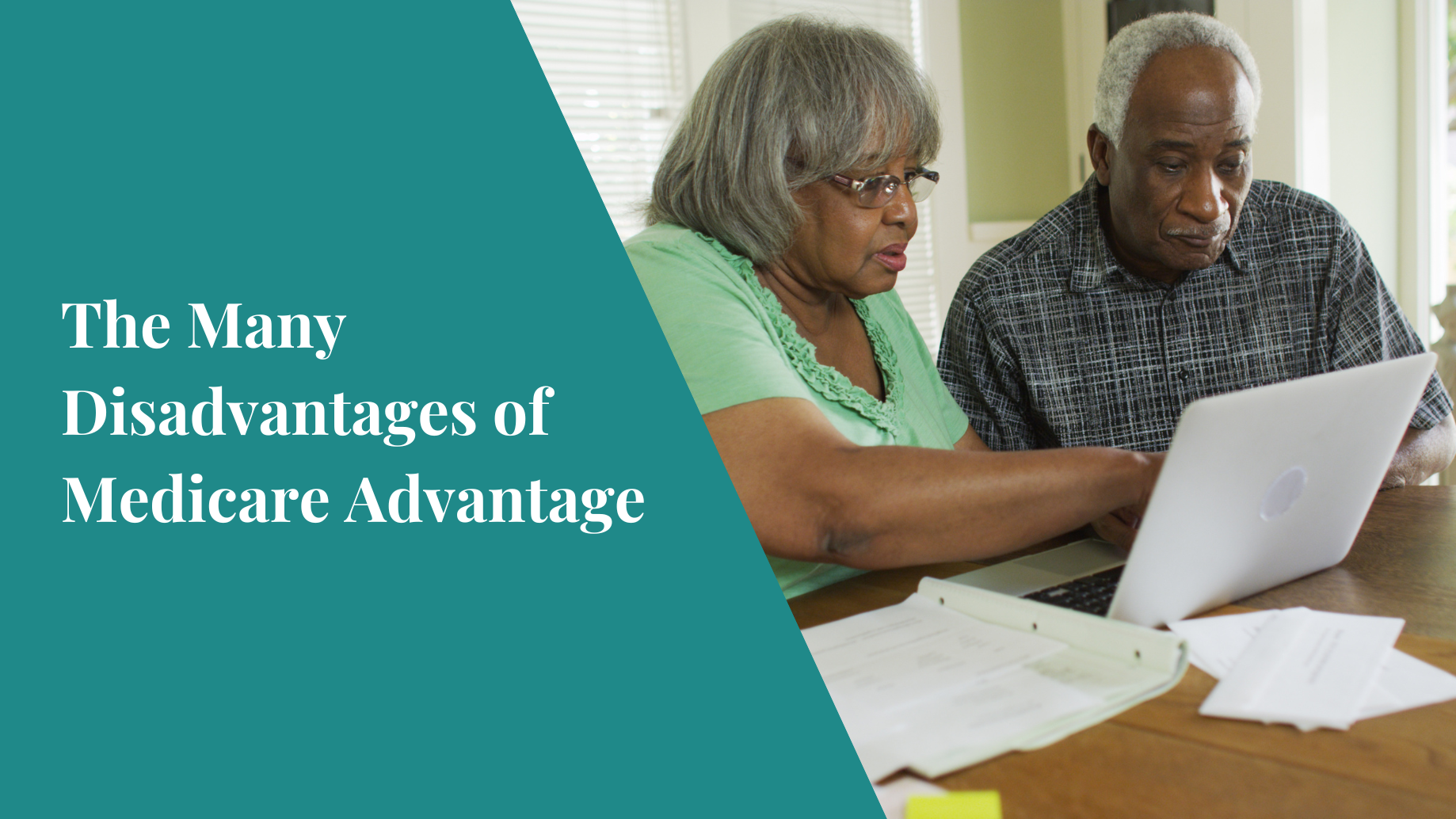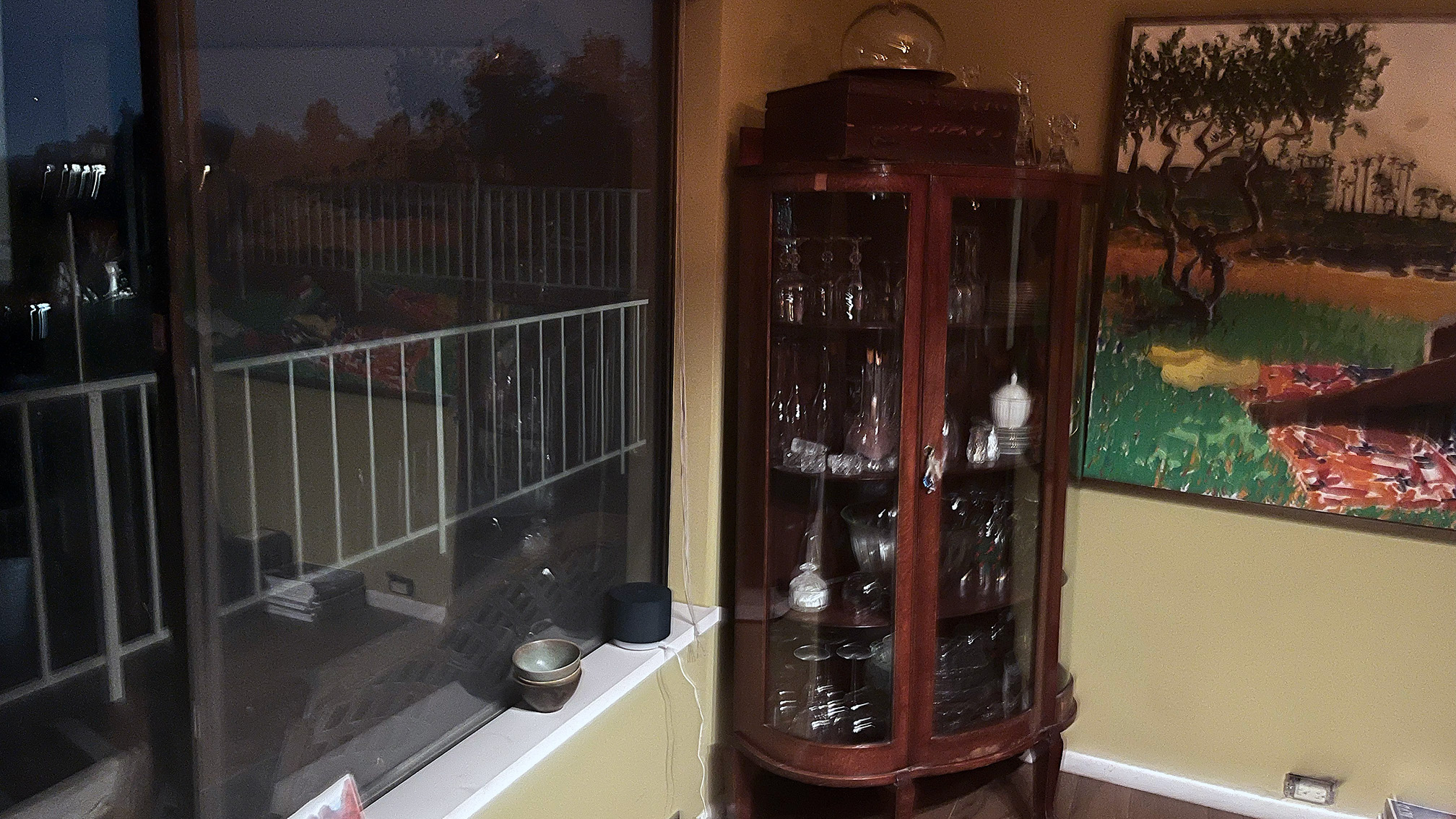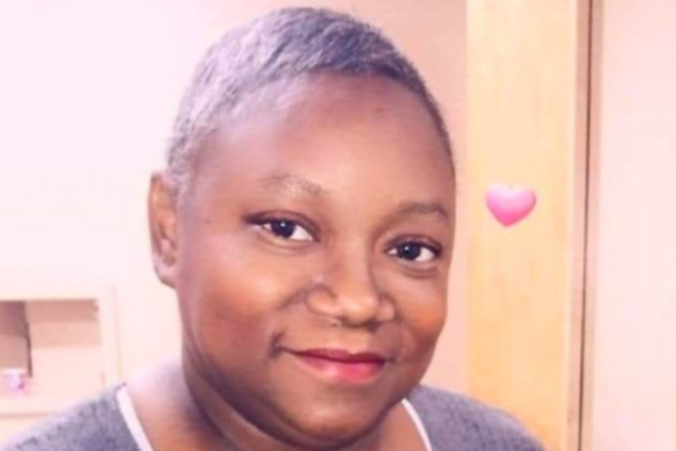I recently got a call from one of my girlfriends, who said she was having…

How to Stay Calm During a Pandemic: A Doctor’s Guide
For many people, the coronavirus pandemic may seem like something that is completely out of control.
With the number of reported infections continuing to rise exponentially in the U.S. and around the world, we are no doubt in uncharted territory.
For our patients at the Tolbert Center, many of whom deal with painful musculoskeletal conditions on a daily basis, I can understand how you might be especially concerned because our entire healthcare system is getting ready to be tested.
But did you know that the most important thing to do at this challenging moment is to not fall victim to fear and panic?
I know it might sound crazy, especially when you’re hearing reports in the news that potentially half the country’s population could become infected with the coronavirus (aka COVID-19).
However, I’d like to share some thoughts from a doctor’s perspective. Hopefully, they can ease some of your concerns and change the way we approach things moving forward.
While we shouldn’t ignore the facts, the fact of the matter is that humans have been fighting viruses throughout history.
According to history, whenever a new virus has emerged, a lot of people usually get infected and a vaccine is not always readily available. That’s just the reality.
Thankfully, science has evolved over time. As a result, there are countless stories in which doctors and scientists rushed in to find a cure when it seemed like all hope was lost.
We’ve Done This Before
I know what you might be thinking: What are we supposed to do with this virus when it seems like, this time, things are different?
Well, the first thought I’d like to share is that we have capable scientists around the world, and the good news is that we’ve done this before.
Here’s what I mean by that statement: Not too long ago, in the mid-20th century, our world was dealing with a terrible polio outbreak that was literally crippling children’s lives.
The scariest part about polio was that it thrived in the warmer months, wreaking havoc through Labor Day. Then, it vanished, only to reappear each spring.
Hundreds of thousands of Americans were impacted by the disease, including President Franklin D. Roosevelt. So it’s no surprise that the fears we have about COVID-19 today are eerily similar to the fears people had about polio years ago.
But you know what? If you ask some of our seniors who lived through that nightmare, they will tell you the other side of that story—a story that’s full of resilience.
And that story ends like this: science won.
Thanks to Jonas Salk, who developed a successful vaccine for the virus in 1955, polio was eradicated throughout the country, and the number of polio cases throughout the world has decreased by more than 99%.
What does this tell us? Just like with the polio vaccine, our modern-day scientists will eventually find a vaccine for COVID-19 and we should be anticipating the day when we can view this global pandemic from the rearview mirror.
An Opportunity to Care for One Another
The second thought I have is that, yes, you have a right to be upset right now—about how something like this could happen, about how our government is handling things, about how our healthcare system is working.
But we can also look at this as an opportunity to care for one another.
I’m reminded of stories from my veteran patients who lived through World War II.
If you listen to them, you’ll hear memories of how our government and the public rallied together to win the war by producing food and supplies as one nation.
There was a sense that, from the top down, everyone had a role to play to ensure our victory.
The same is true for what we’re dealing with today. Now is not the time to revert back to blaming other people for a disease that has unknown origins. It is also not time to become so caught up in our own pride that we don’t take this outbreak seriously.
My hope is that, when all of this is over—and it will end—what will be remembered most is how much compassion we had for each other.
At the end of the day, just like in previous wartimes, history will judge us based on how we came together as a community.
Listen to What Local Health Officials Are Saying
The third thing I want to share is for our patients at the Tolbert Center and for those who might need help in the Greater Los Angeles area: Please educate yourself and listen to what the local resources are telling us.
Both our Encino and Beverly Hills offices are still open. We are offering telephone visits and making house calls, but we continue to check the news about COVID-19.
Since the start of this crisis, we have been following the CDC guidelines to ensure all common areas are well-maintained and sanitized regularly. We have been encouraging patients to stay at home if they feel ill or are elderly or high risk. We have instructed our team to take the same precautions.
We’re in constant talks with our local emergency room, and they are encouraging everyone except for patients who are really sick to stay at home. Really sick means those who are showing symptoms of a fever or having difficulty breathing.
We also pay attention to other outlets provided to us doctors on a near daily basis.
Unfortunately, there are still too many questions and gaps that exist in our system.
The good news is that we have an opportunity to be here for our patients and each other.
The other day, one of our most vulnerable patients came in to get help with his chronic pain.
The easy thing to do would have been to prescribe the patient opioids.
But we knew that could possibly cause some issues down the road that could eventually make things worse for the patient and our local emergency room.
So we decided to get a little bit more creative.
The patient has schizophrenia and lives in a group home, so he wouldn’t be a good candidate for prescription pills.
Instead of prescribing the opioids, our team is having him do yoga at our clinic. We’re also teaching him how to properly wash his hands.
It will be creative ideas and compassionate decisions that make all the difference for us in the end.
‘Equanimity Under Duress’
Back when I was a medical student at Howard University, I spent many nights working in the hospital emergency room. Back then, Washington, D.C., was known as “Dodge City” because there were so many people being admitted to the hospital with bullet wounds.
One night, I remember we had a patient come into the emergency room in the worst circumstances. The patient had come in on a gurney and was covered in blood. Being a medical student at the time, I quickly sprung into action to do my part to save the patient’s life.
I was so determined to save the patient’s life that, while the other medical staff were rolling the patient in, I jumped on the gurney, straddled the patient’s motionless body and literally placed my hand inside the patient’s chest, held the patient’s heart in my hand and kept it pumping.
All of a sudden, in the midst of the panic, I remember one of my mentors, Dr. LaSalle Leffall, standing up in the hallway and calmly yet sternly telling everyone to stop and take stock of the situation in the emergency room.
Then he proceeded to share with us his iconic mantra, and it is even more relevant today.
“Equanimity under duress,” he said, meaning that one of the best attributes of a surgeon is to maintain a degree of calmness and tranquility because that will allow you to do what is appropriate in any circumstance.
If he was still alive today, I’m sure Dr. Leffall would say something like, “When we make decisions out of fear and panic, people will surely die—and that’s not necessary if you practice equanimity under duress.”
Bottom line: In the midst of this difficult circumstance, let’s all do our part to do what is appropriate so that we can ensure a victory.
This Post Has 2 Comments
Comments are closed.




May I share your blog with (or excerpts from it, including source) with others?
Dr. Tolbert,
You never cease to amaze me. Your insight and Christian values always seem to keep your fingers on the pulse of the situation at hand, and I’ve found your thoughts on target. Thank you for your knowledge and the straight to the point way you share that knowledge with compassion and understanding for the hurting and uninformed; seeking help, fearful and in the dark. Thank you for sharing light on the things that frighten us in our uninformed ignorance. Thank you again, for being our Lighthouse during these dark times.
God’s continued blessings to you and your staff.
Best always,
Deacon Charles Johnson